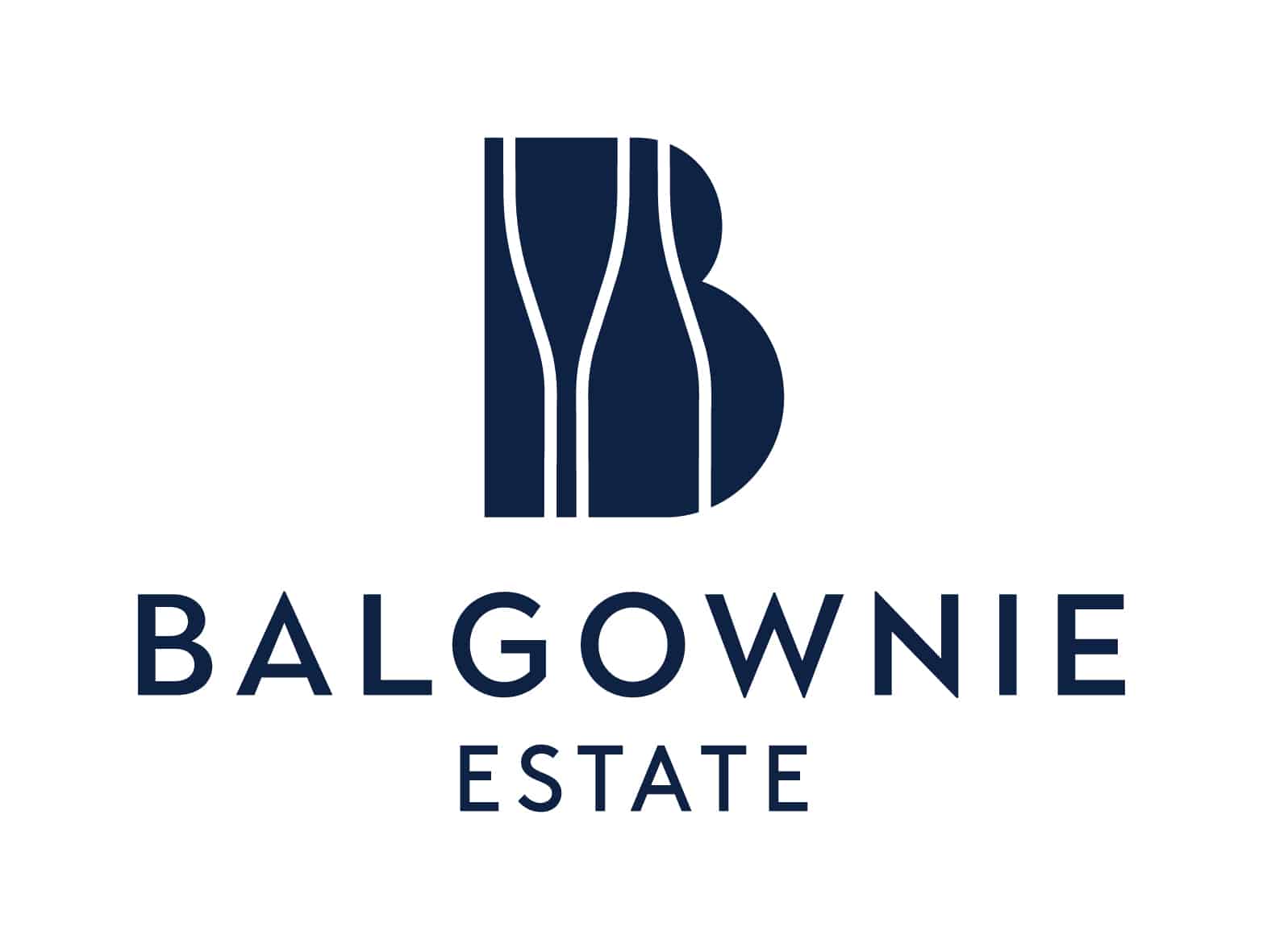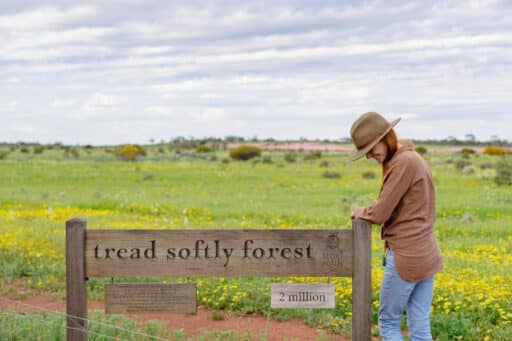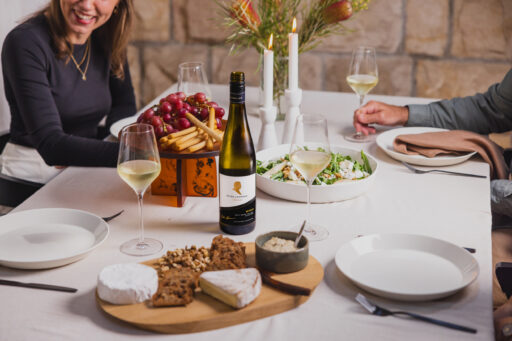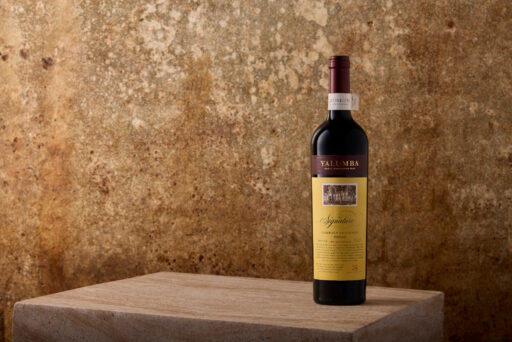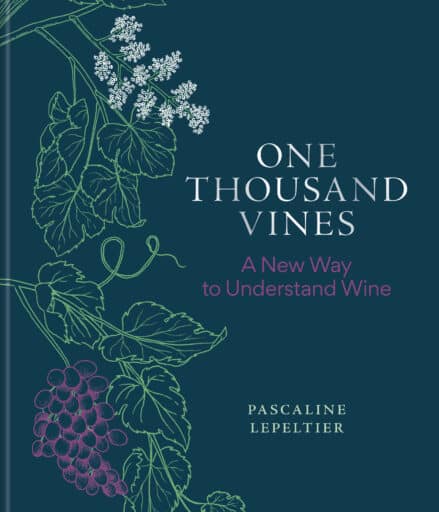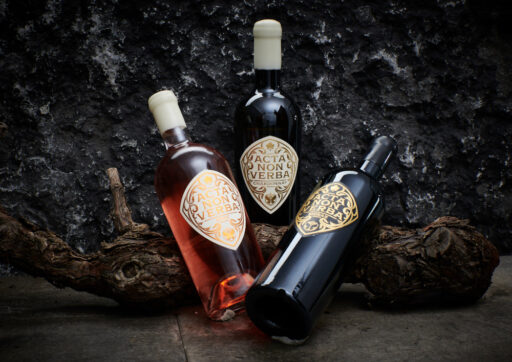Balgownie Estate is one of the most well-known and respected wineries of central Victoria, sitting proudly on the slopes of Myer’s Creek in Maiden Gully, on the northwest outskirts of Bendigo. The estate was founded in 1969 with the planting of vines by local pharmacist and winemaker Stuart Anderson, who had a passion for the wines of France. Balgownie Estate in Bendigo has grown to include not only a cellar door but also a superb restaurant and a range of accommodation options.
Cabernet Sauvignon and Shiraz were the first varieties planted, which have since been joined by Chardonnay, Merlot, Cabernet Franc, Petit Verdot, Viognier and Sangiovese. Pinot Noir and more Chardonnay were added to the slate with the purchase of a site in the Yarra Valley in 1999, which, like Bendigo, also has a restaurant and accommodation. The same year coincided with the sale of Balgownie Estate to brothers Des and Rod Forrester, who worked at modernising the vineyards and winery.
In 2016, Balgownie Estate changed hands again and was bought by Hang Tai Yue Group Holdings Ltd, a Hong Kong publicly listed company. For the last ten years, winemaking duties have been undertaken by Tony Winspear, who first began at Balgownie in 1994 as a cellarhand. Tony is honestly one of the nicest guys in the wine biz so, if you’re at the Bendigo cellar door, it’s well worth having a chat with him about his wines, and follow that up with lunch or dinner in the restaurant.
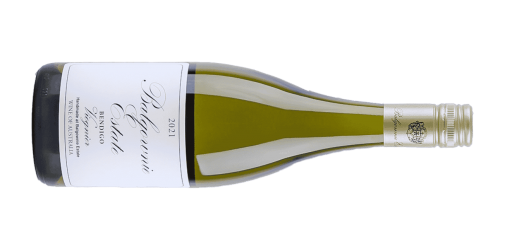
Balgownie 2021 Estate Bendigo Viognier – $35 – 94pts
Two picks of the fruit from the Bendigo vineyard, with each parcel undergoing whole-bunch pressing to barriques and hogsheads and then fermented wild. Aged on lees in 15% one- and two-year-old barrels, the rest older barriques, then bottled without fining.
This is a delightful and energetic Viognier and a great indicator of the quality possible from this grape in central Vic. It’s incredibly pretty and complex on the nose, presenting orange blossom, apricot, grapefruit, peach, honeysuckle and chalk, with some fruit sweetness.
The palate mirrors this energy and complexity, with heaps of acid freshness, a salty edge, and oiliness plus phenolic weight making it silky and almost full bodied. Flavours of apricot, honeysuckle and peach are joined by some lime tartness. There’s some slight alcohol heat but this is well and truly tamed by pairing it with food, such as a soft cheese or chicken.
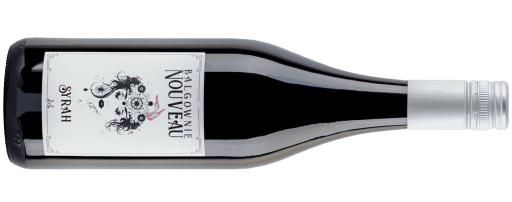
Balgownie 2021 Nouveau Syrah – $30 – 91pts
Picked slightly early, 80% of the fruit underwent carbonic maceration, while the remainder was whole-berry fermented in open vats. The wine was then aged on its lees for six months in used oak, with no fining and only minimal sulphur before bottling.
From the first sniff, it becomes obvious that this isn’t your typical light, carbonic red, with its smoky and savoury opening hiding the red fruit until it has breathed for a while. The carbonic shows itself with some stemminess, and blackberry and strawberry fruit, as well as some tertiary prune and cola.
About two hours of breathing reveals the juicy and fruity palate underneath and the mix of dark and red berries, while the smokiness blows off. The medium body, acidity and tannin make it a good choice for pairing with some meaty dishes such as pasta or charcuterie.
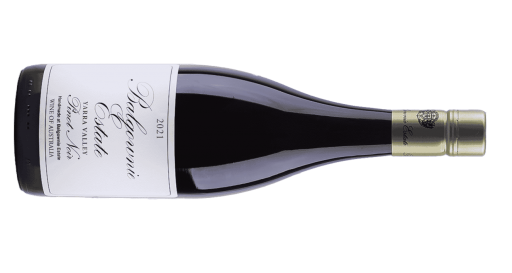
Balgownie 2021 Estate Pinot Noir – $50 – 95pts
A mix of majority MV6 and a small amount of 114 clone, sourced from the south- and southeast-facing Melba Block in Yarra Glen. Fermentation of 30% whole bunches and ten days on skins using natural yeasts, before aging for 11 months in French barriques and puncheons.
I liked this Pinot Noir from the moment I smelt it. It has so much going for it, from its floral and musky nose, the ripe strawberry, raspberry and cherry fruit, to the savoury tones of stems, earth and bacon fat. But the aromas are only the beginning…
The palate is rich, round, silky and brightly fruited, with immense palate weight. Everything is in total balance and the acidity and minerality give the wine a fresh mouthfeel. As nice as the wine is right now, I think it should continue to improve for a long time, as it’s still just a young ‘un.

Balgownie 2018 Estate Cabernet Sauvignon – $48 – 95pts
A mix of fruit from 49- and 48-year-old vines (70/30), involving 30% whole berry under crushed fruit, fermented wild in open vats, with around 18 days of skin contact and aged for 18 months in 25% new oak.
Balgownie is well known for its Cabernet Sauvignon, which is renowned for its cellarability. The 2018 shows great varietal character, with blackberry, plum and tomato leaf, as well as some spicy liquorice and vanilla from the oak, and the beginnings of tertiary complexity with earth, prune and chocolate.
The palate has a lovely mouthfeel, with very bright fruit giving it a fresh accent. The tannins are still pretty big and teeth-coating, but when consumed with food, they melt away, leaving a smooth, rich and fruit-centred core. I believe this should confidently age for at least another 10-15 years. (While not tasted this time around, I can heartily recommend the 2015 Old Vine Cabernet – even at $125, it’s worth the price).
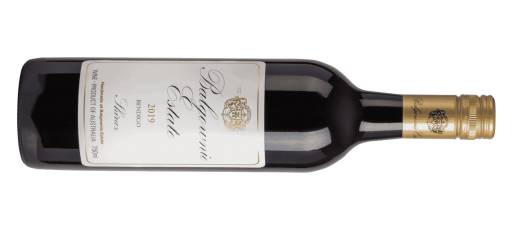
Balgownie 2019 Estate Shiraz – $48 – 93pts
Incredibly ripe fruit was fermented in an assortment of open vats and tanks, with 15% whole bunches and 40% whole berries, staying on skins for an average of 20 days. The wine was then aged in 30% new French oak for 14 months, then a further four months in old oak.
Deeply coloured and brightly fruited, this Shiraz has a lovely mix of black, red and blue fruits and some violet prettiness, plus some tertiary characters such as meat, earth and leather now developing after a few years in bottle.
The palate is flavourful and quite vibrant, with medium acid, tannin and body and a pleasing finish. This is a great food wine, particularly with dishes such as rich pasta or steak, and I found myself getting through the bottle quite easily over dinner, despite the 14.2% alcohol.
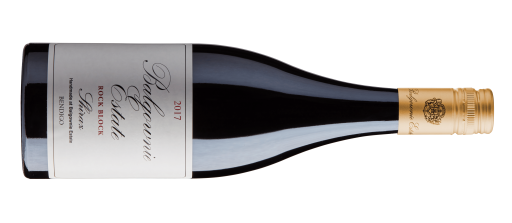
Balgownie 2017 Rock Block Shiraz – $65 – 96pts
The name comes from the fact that the site was teeming with rocks that had to be removed before planting could actually take place. Fermentation occurred in open vats, with 40% whole berries covered by lightly crushed fruit, a four-day cold soak, and then 20 days on skins before twelve months maturation in 25% new French oak.
The Rock Block Shiraz immediately presents itself differently to the Estate Shiraz; while the latter has bright, red (almost sweet) fruits on the nose, the former is darker and richer, less flamboyant, but its classiness is evident with immense complexity and ripeness.
Four years of bottle age and this wine is still quite young and fresh. My list of characters was quite long, encompassing blackberry, mulberry, violets, cinnamon, confectionery, vanilla, meat, and dried red and black fruits. It has a silky mouthfeel with vibrant acid, needing quite a bit of air time before all the pieces fall into place – and it’s well worth the wait. I had the wine over two nights and on the second night it was simply glorious, even better than the night before.


